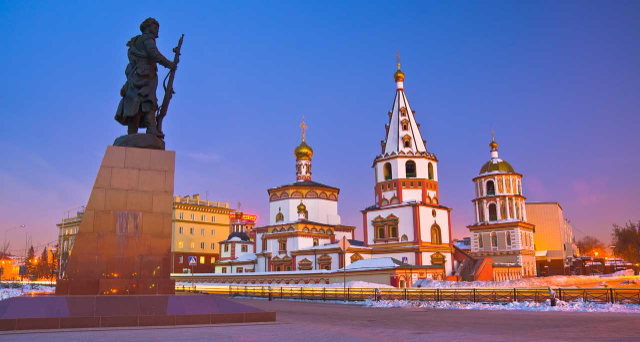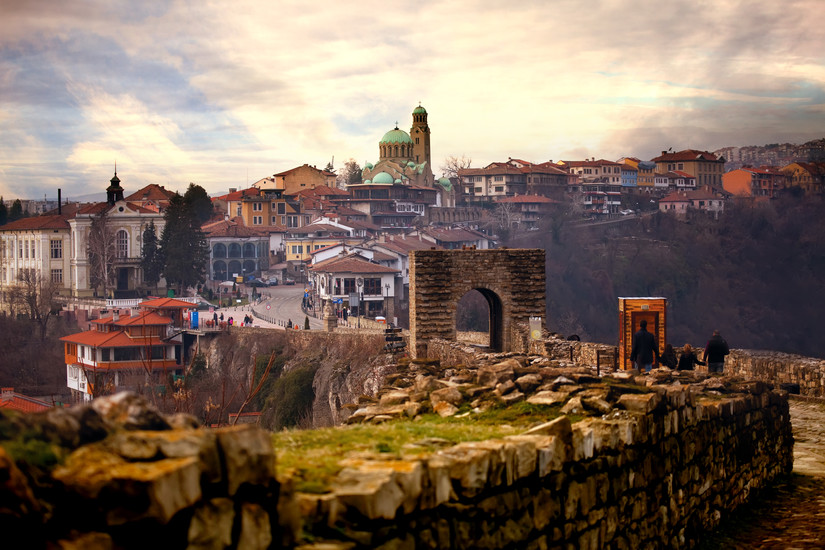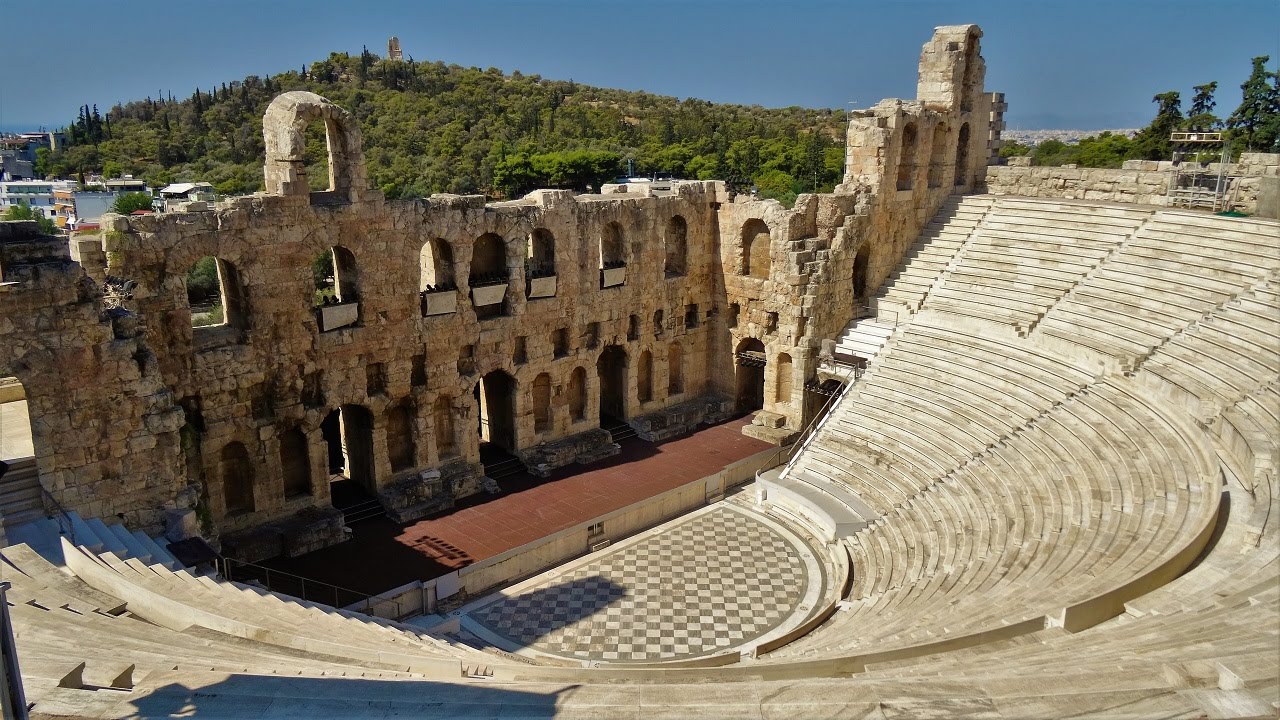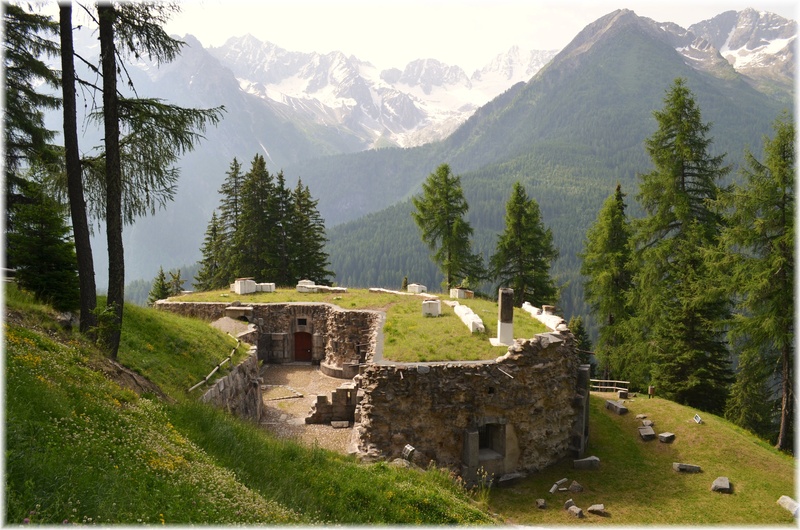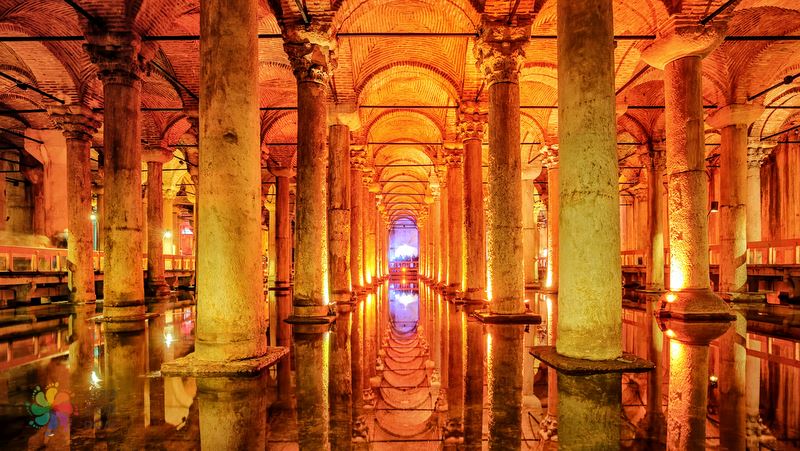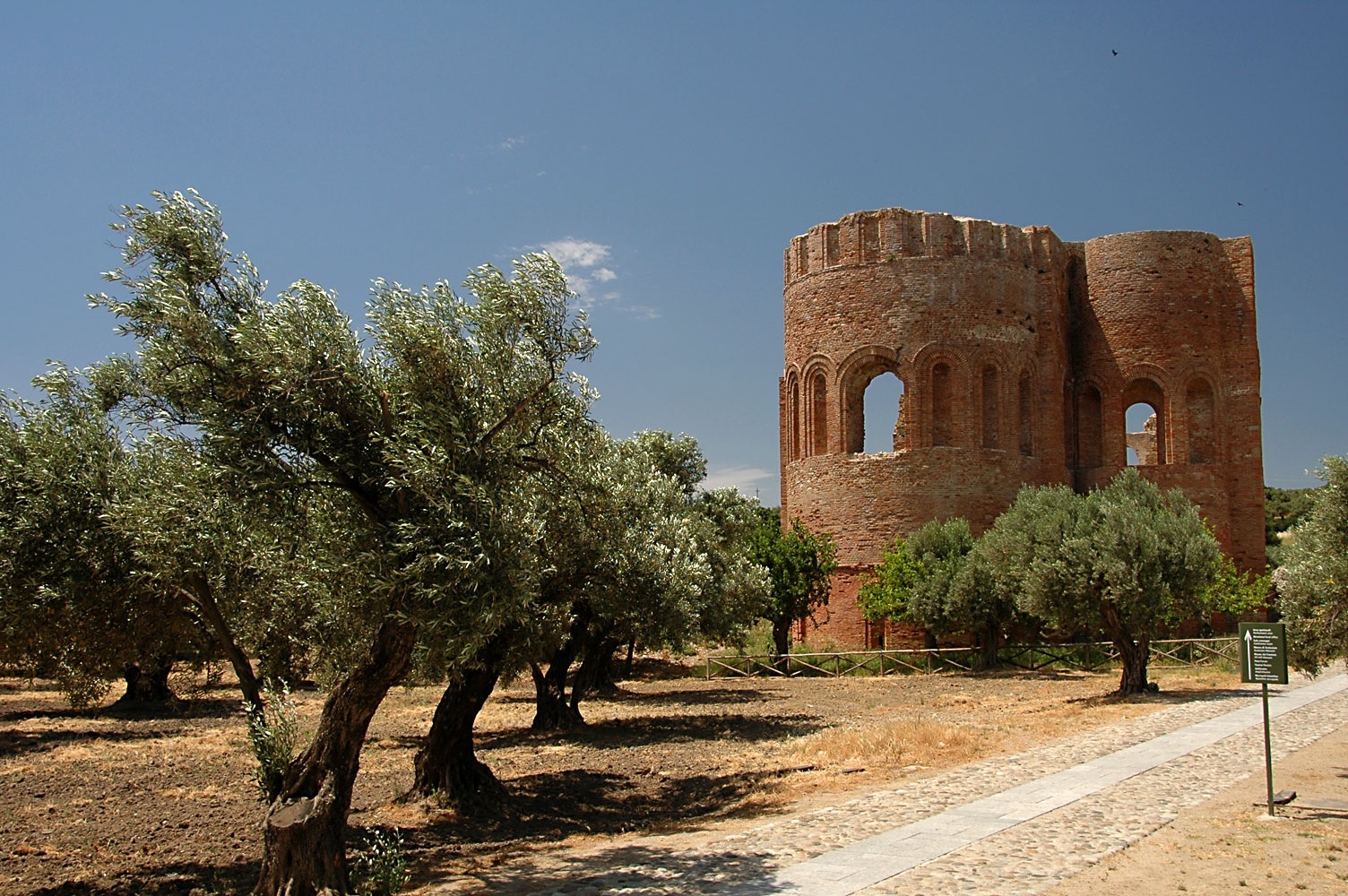Irkutsk, once called the "Paris of Siberia" for its vibrant colors and famous for its trade with Mongolia and China.Irkutsk, just under six hundred thousand inhabitants,lies on the right bank of the Angara, the only outlet of Lake Baikal, which is 70 kilometers away. It seems lively and multi-ethnic: many buses of tourists heading to the lake. More than other Siberian cities, Irkutsk has retained some signs of the past. Not just the perfectly restored 18th-century churches. Traditional architecture has survived through the beautiful but shabby wooden houses in the city center next to ulitsa Lenina and ulitsa Marata, the large central streets parallel to the course of the Angara.
Irkutsk is no longer as European as it once was when the Decabrists, the political exiles of the failed coup against Tsar Nicholas I on December 26, 1825, brought their culture from St. Petersburg by founding newspapers and literary and scientific circles. They saw in Siberia the possibility of realizing that democracy impossible in European Russia, a new frontier still uncorrupted, rich in both natural and spiritual resources. Irkutsk was also a place of deportation for common criminals in both Tsarist and Bolshevik times.
